Bad breath is often caused by excessive stomach heat or the production of dampness. Patients with bad breath may experience a dry and hot mouth, accumulation of plaque in between teeth, and swollen and inflamed gums. Certain oral diseases can also lead to bad breath, such as gum bleeding, periodontitis, gingivitis, oral mucosal diseases, and periapical inflammation. The treatment mainly focuses on clearing heat and dampness, as well as eliminating foul odors. In clinical practice, using osmanthus and chrysanthemum tea has shown good therapeutic effects in eliminating bad breath.

Take 3g of osmanthus and 3g of chrysanthemum, put them together in a cup, then brew with boiling water. Take one dose daily, divided into 2-3 times for drinking or mouthwash.
In this formula, osmanthus refers to the flowers of the osmanthus plant in the Oleaceae family. It has a pungent taste and warm nature, with the functions of warming the middle burner, dispelling cold, warming the stomach, relieving pain, resolving phlegm, and promoting blood circulation. It is commonly used to treat stomachache, abdominal pain, dry throat, dry mouth, bad breath, and toothache. "Compendium of Materia Medica" states: "Osmanthus can generate body fluid, remove odor, and treat toothache caused by worms." Modern pharmacological research has shown that osmanthus pollen is rich in nucleic acids and various aromatic components, which can promote the excretion of intestinal impurities and help eliminate oral odor. Chrysanthemum has a sweet and bitter taste, a slightly cold nature, and belongs to the lungs and liver meridians. It has the functions of dispelling wind and clearing heat, calming the liver and brightening the eyes, and clearing heat and detoxifying. In addition, its fragrance is refreshing, which can clear heat and eliminate bad breath. "Shennong's Classic of Materia Medica" classifies chrysanthemum as a superior herb. Modern pharmacological research has shown that the main components of chrysanthemum are volatile oils, flavonoids, amino acids, and trace elements, which have the effects of dilating coronary arteries, lowering blood pressure, preventing hyperlipidemia, antibacterial, antivirus, antipyretic, and anti-aging. Both osmanthus and chrysanthemum are considered fragrant herbs. When soaked in boiling water and consumed as tea or used for mouthwash, they have the effects of warming the lungs, transforming drinks, and refreshing the stomach. They are suitable for patients with bad breath caused by stomach heat and steam, manifested as bad breath, thirst with a preference for cold drinks, ulcers and erosion on the tongue and mouth, red and swollen gums with pain, dry and hard stools, short and yellow urine, a red tongue with a greasy yellow coating, and a rapid and slippery pulse.




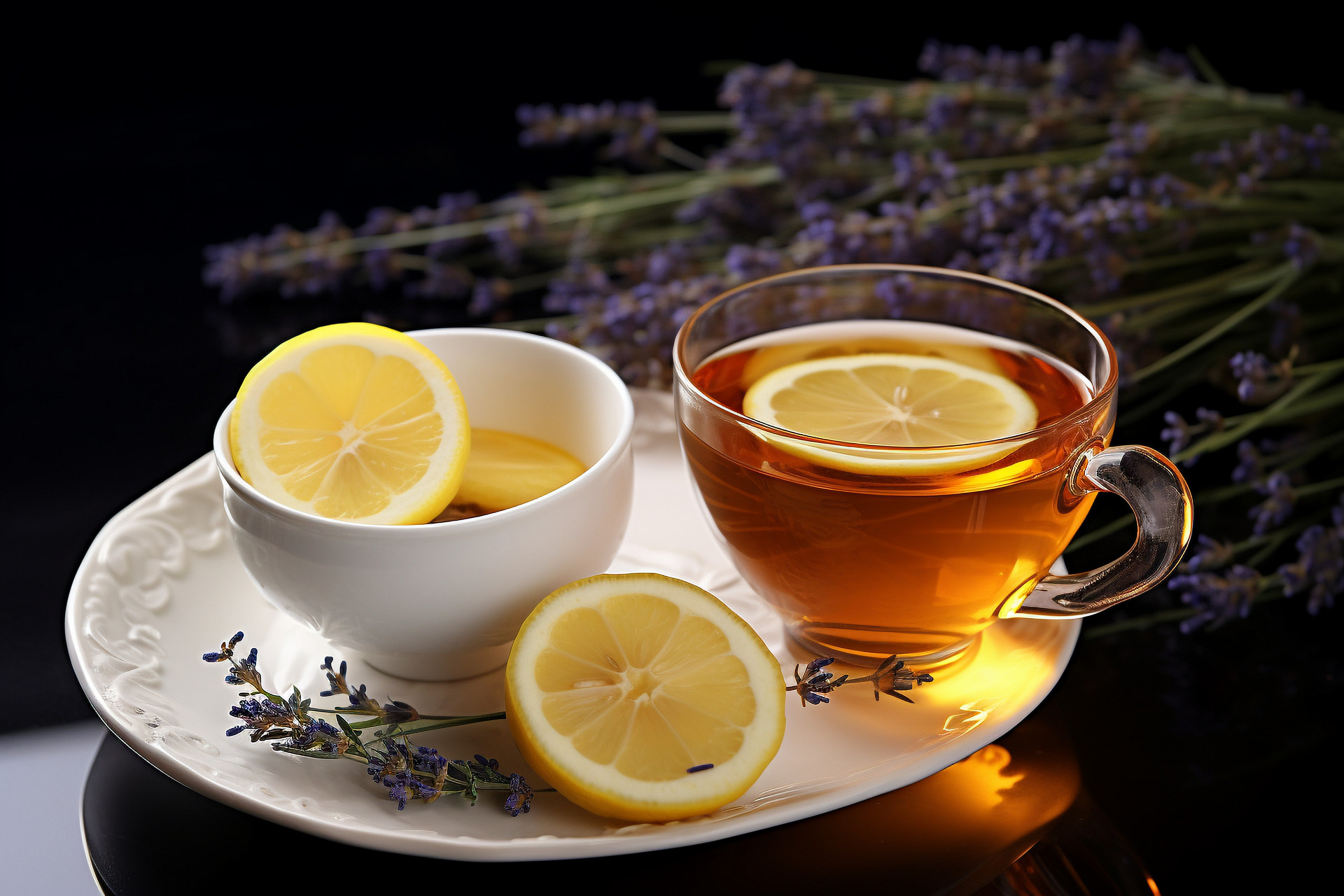
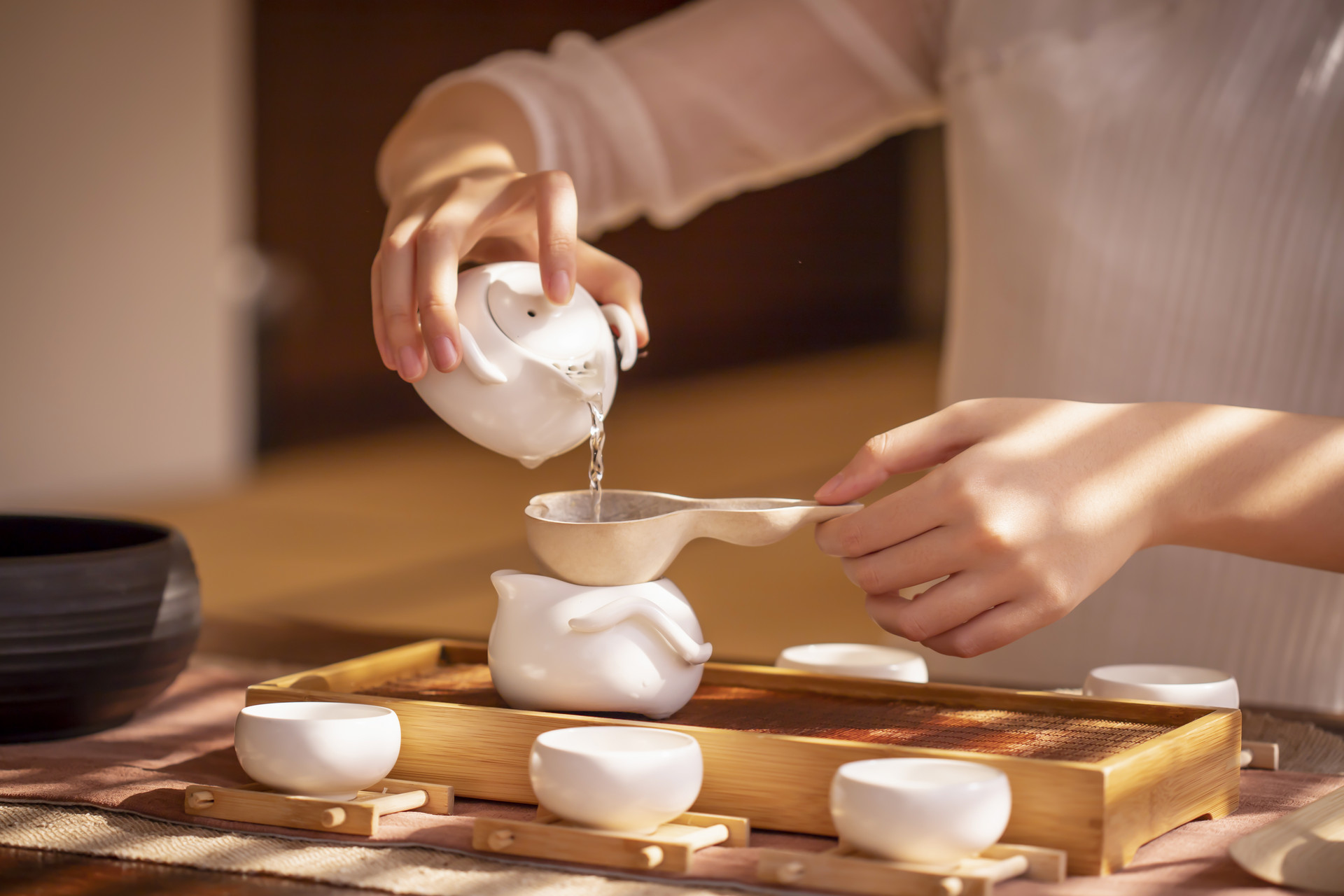


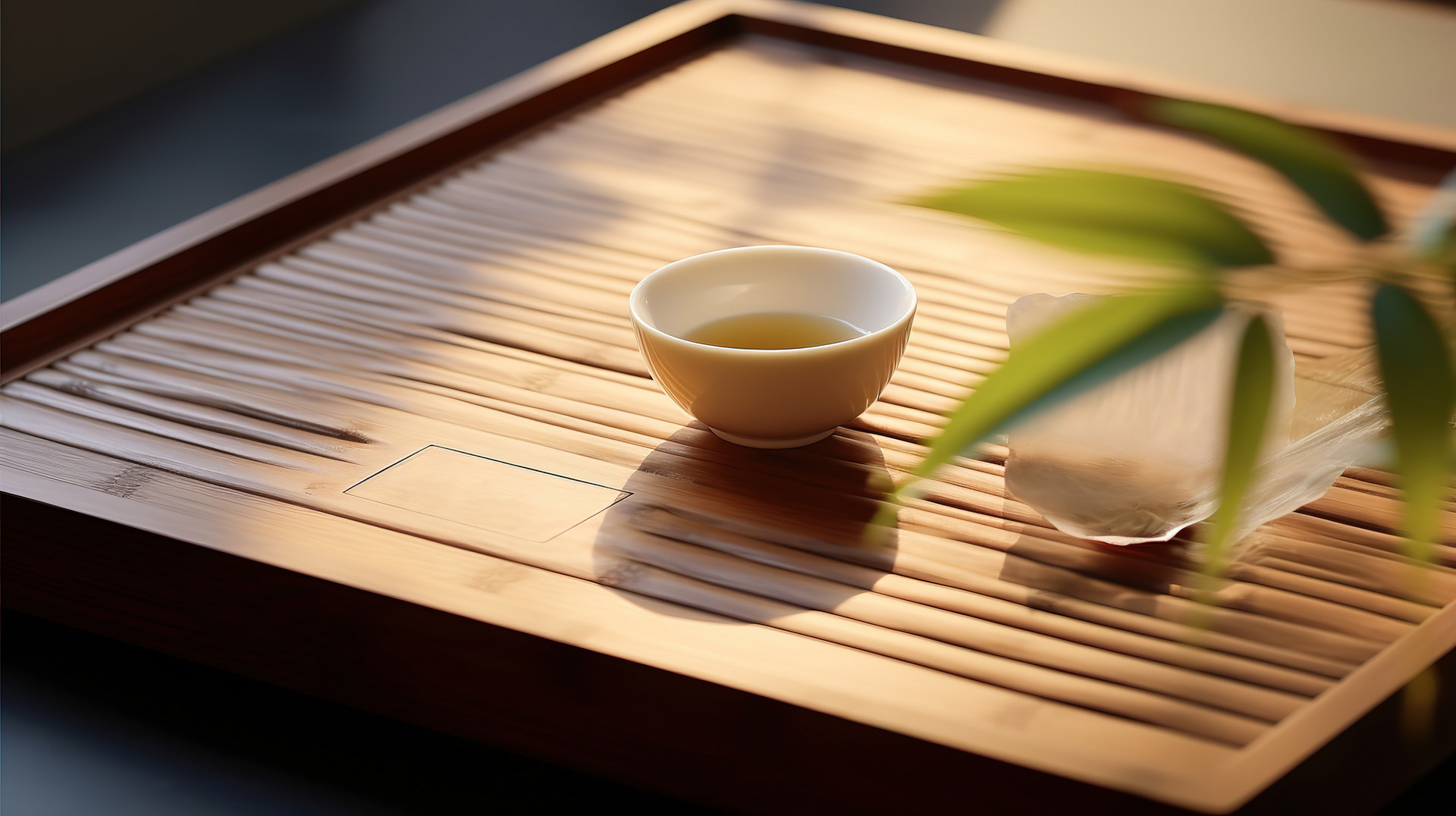
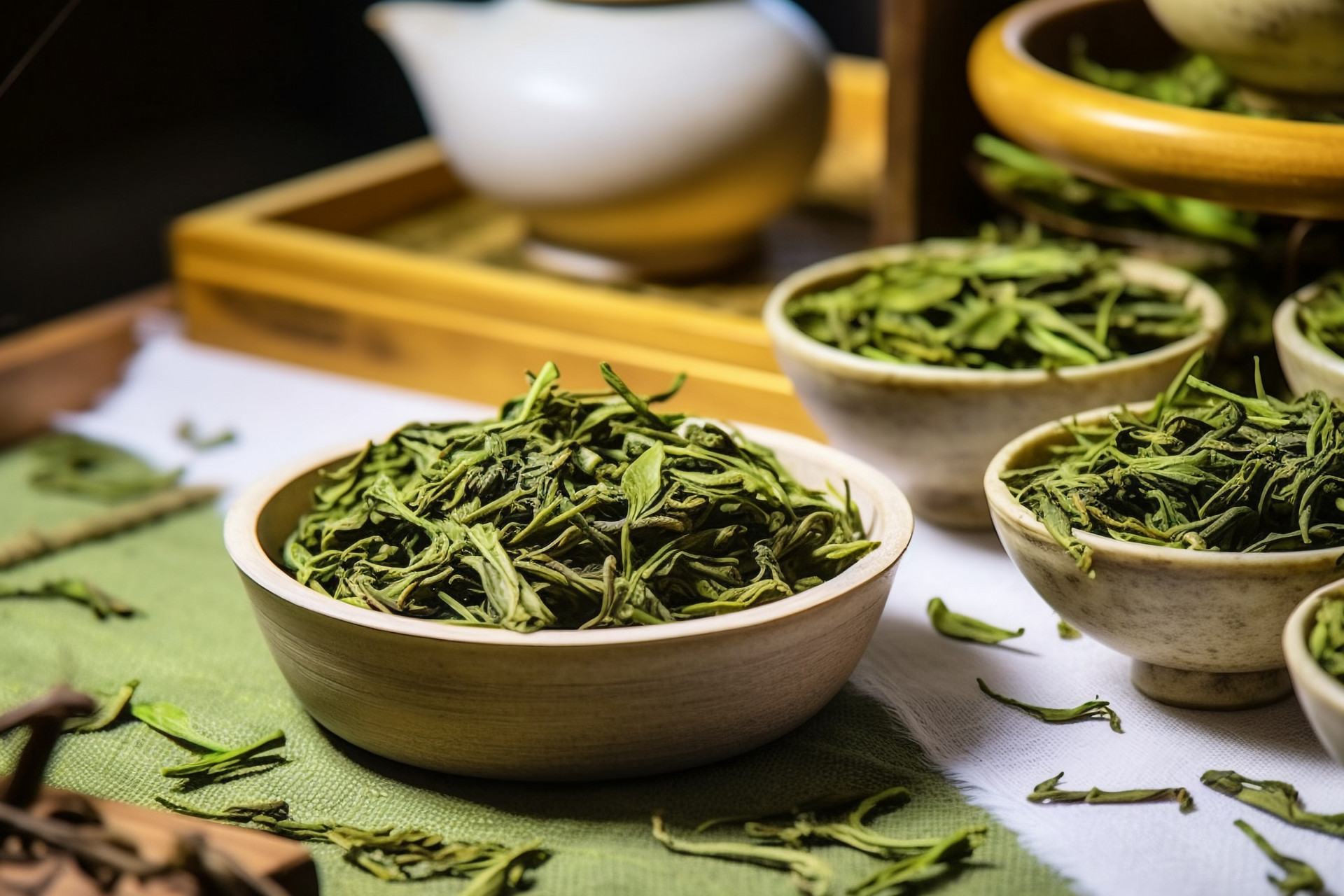
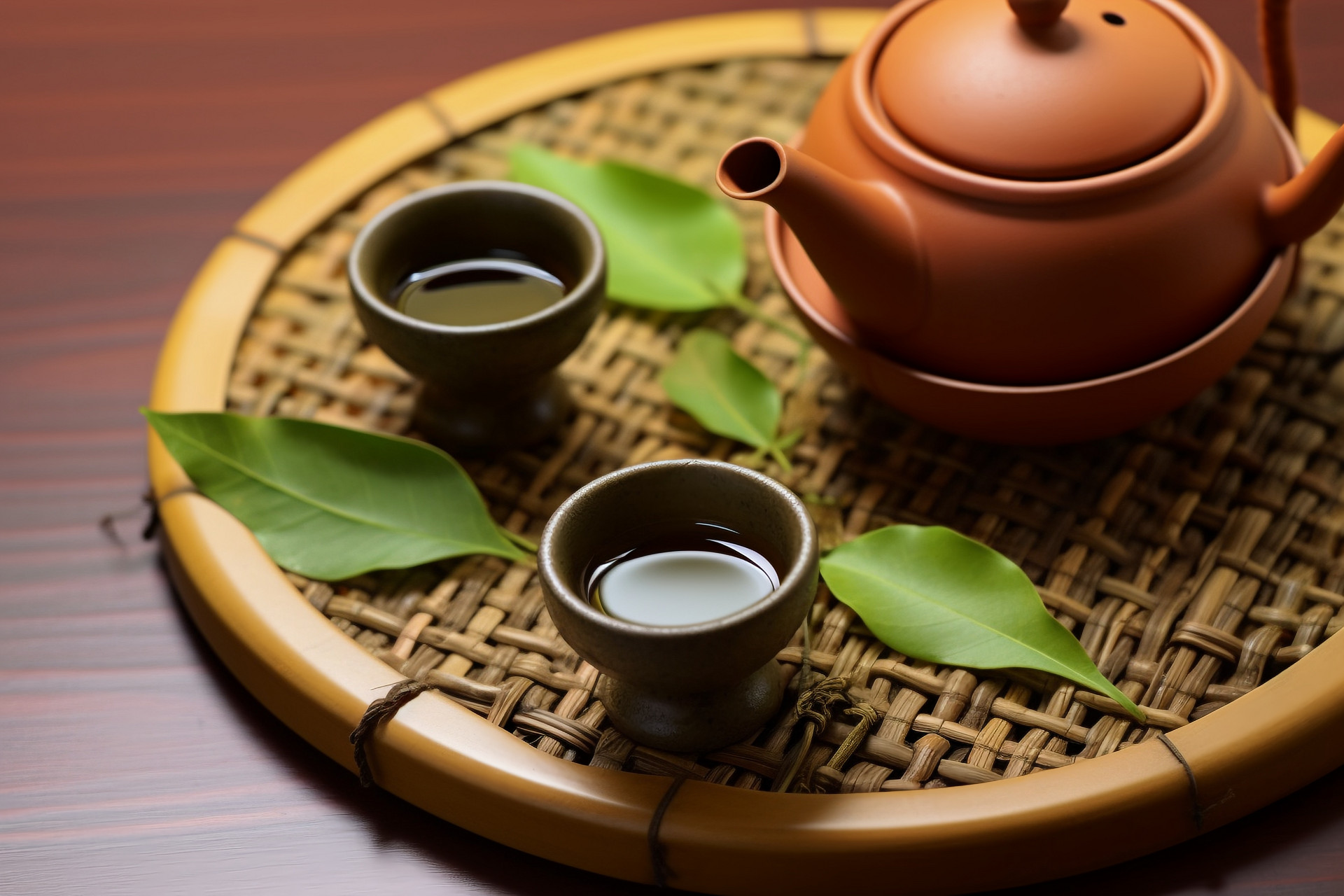
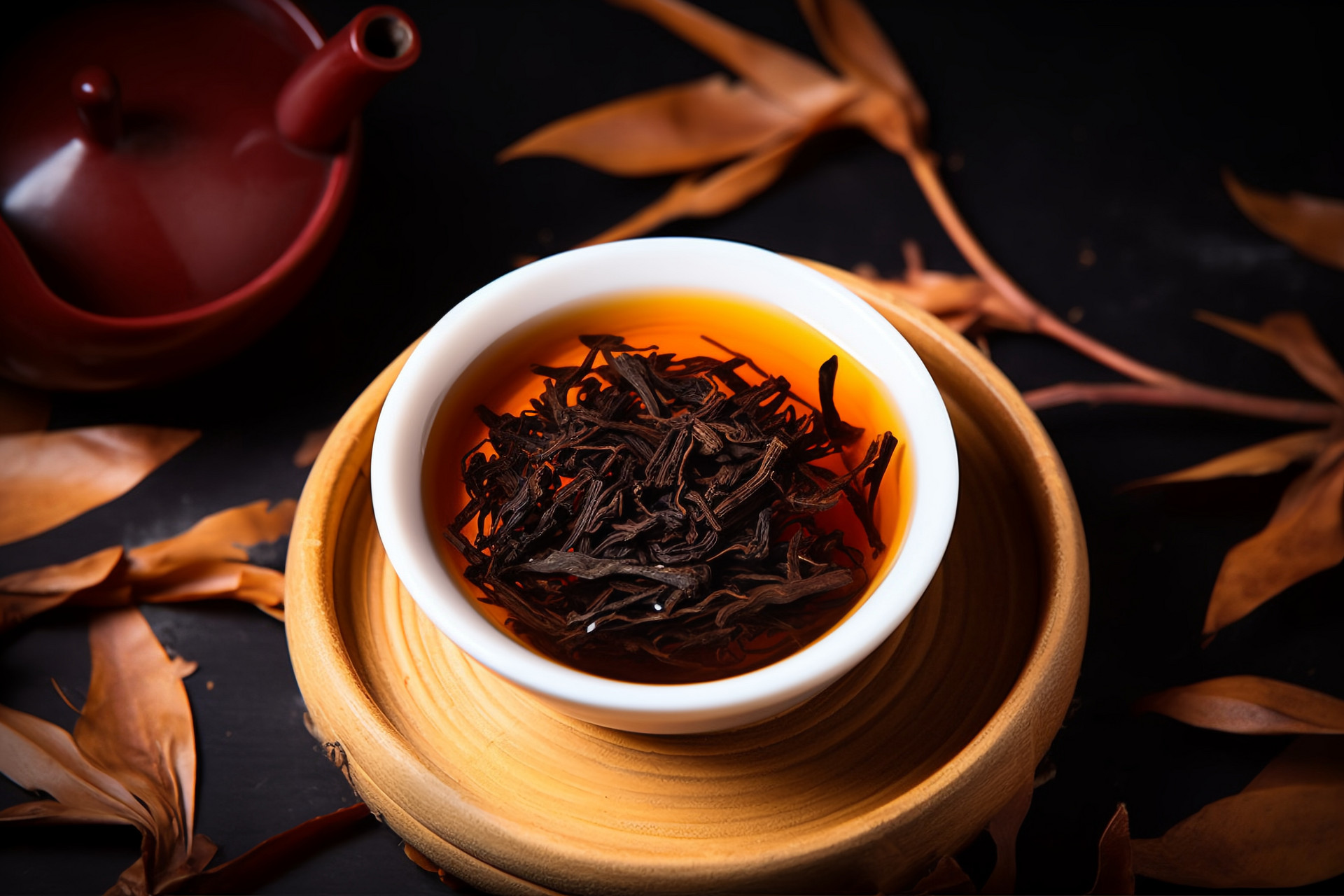
![[Herbal Wine Recipes for Health and Beauty]](https://tcmmaintenance.com/uploads/20240715/7241f6b6eafdaed88c28b26a37213964.jpg)